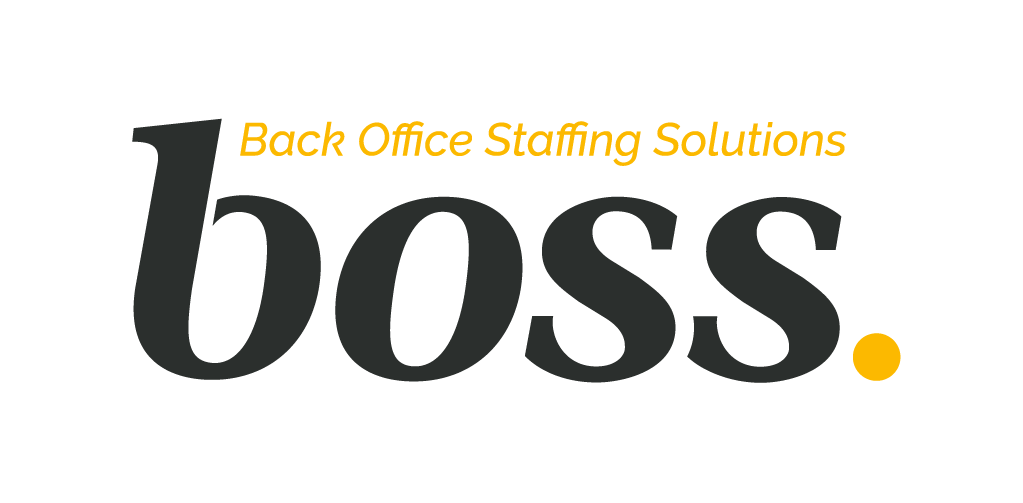Quick Hit: The Right Insurance for Your Staffing Business.

Properly insuring your contractors is not only the law, it’s a badge of credibility in the eyes of your clients. By definition, Employers of Record need to carry the appropriate insurances and licenses. In order to make contract placements, clients will often require you send them a copy of your Certificate of Insurance, or COI. A COI can be obtained by your EOR, like BOSS. Some clients will even ask to be named on your policy as “Additionally Insured.”
If you don’t hire an EOR, here are our our coverage recommendations for a staffing business:
General Liability Insurance is a must. While not always required, a General Liability Policy can protect you from bodily injuries and property damage claims, false or defaming advertising suits, copyright infringement claims, or reputational harm if you inadvertently damage the image of another business.
Professional Liability Insurance will protect you against claims of sub-par work, errors & omissions, negligence or financial harm. Professional liability insurance can cover the costs of lawsuits over: Work errors or oversights. These policies cover legal costs and payouts for which the insured party would be found liable.
Employment Practices Liability Insurance (EPLI) protects you against any “employment” related claim, such as discrimination, harassment, hostile workplace, etc. Be aware that general and professional liability policies specifically exclude EPLI claims. What’s harder, the price tag for EPLI can feel pretty steep. But remember that these lawsuits are also amongst the most costly to litigate — even if you win.
Cyber Insurance is also vital in today’s business climate, despite its often high price. Short for Cyber liability insurance, these policies provide privacy and media liability protection. They help your company respond in the event of a cyberattack or data breach. If your network or computer systems are hacked into or corrupted by a virus, for example, cyber liability insurance can be essential.
Commercial Automobile Insurance protects your business from claims of bodily injury or property damage that occur during the operation of a company vehicle, or when using a personal vehicle for business reasons. A commercial auto policy is necessary if a company vehicle is operated by an employee, if ownership is in the name of a corporation, or used in job-related tasks (other than commuting).
A Commercial Umbrella Policy adds a vital layer of extra coverage over your primary insurance. You’ll sleep better knowing that this kind of policy helps pay for costs that exceed your liability coverage limits on your general or auto policies, for example. Conversely, if you don’t have a commercial umbrella policy, you’d have to pay the amount that exceeds your policy limit, putting your business at financial risk.
Industry-Specific Coverages. Many clients require that EORs have additional insurance according to their industry’s regulatory guidelines or company policies. An EOR should carry all of these insurances and will maintain and provide the Certificates of Insurance (COI). Therefore, when using an outside EOR, you do not have to carry any additional insurance. Even if you do use another EOR, the best practice, though, is to at least carry your own general liability insurance. It is very affordable and offers great protection “just in case.” Always ask to see your EOR’s COI.

